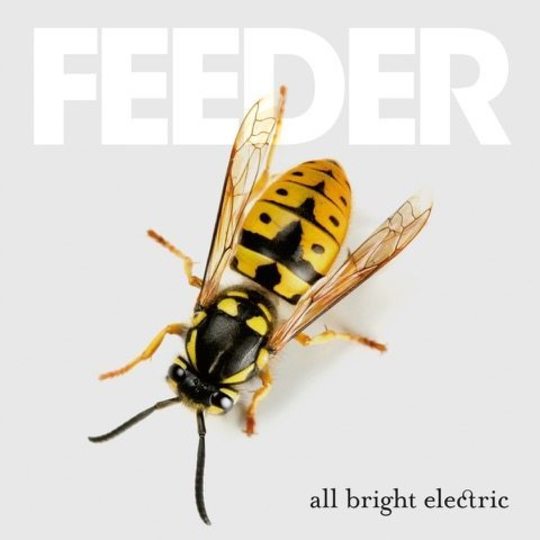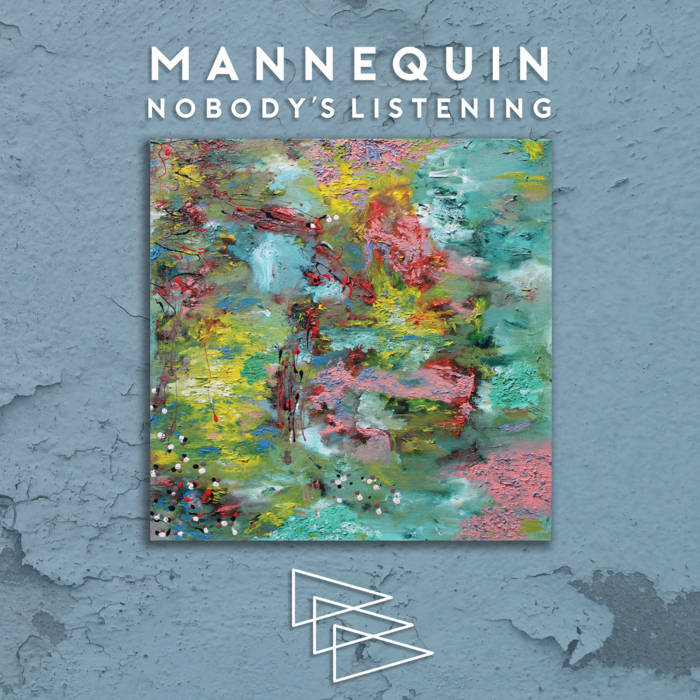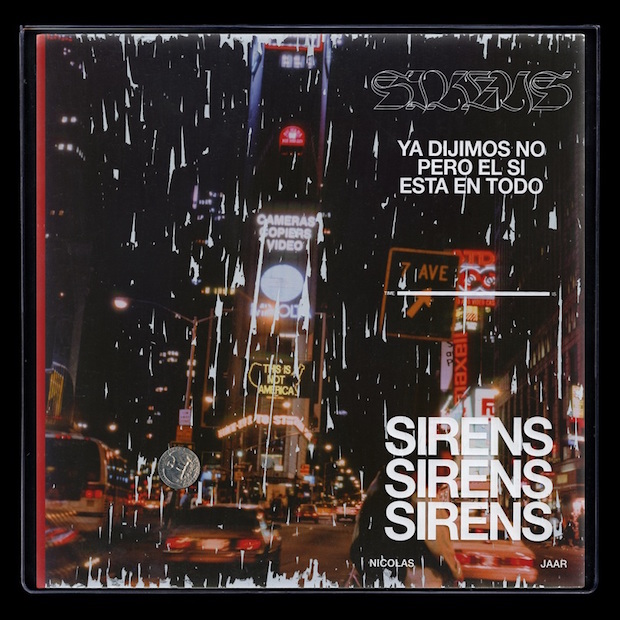If awards were given out for unbridled consistency, Feeder would surely be among the nominees. Active for nearly a quarter of a century. In that time they've put out a plethora of records cementing their status as one of the finest rock bands of their generation. Indeed if there wasn't such a high degree of quality control surrounding their output, it's unlikely the band would still be here now making records and effortlessly selling out Academy sized venues. What's most interesting about Feeder is that unlike other bands who emerged from the same era – Suede or the Manic Street Preachers – they've never obviously inspired the same rabid devotion, yet have quietly amassed a loyal following who've stuck with the band through and thin. When discussing Feeder albums it's hard to dismiss any of their output, unlike either of the aforementioned whose back catalogues contain releases pitched at either end of the scale marked 'good' and 'bad'. Whether it be debut long player Polythene, released against a tidal wave of Britpop some 19 years ago, 2001's Echo Park and its successor Comfort In Sound, still their commercial landmarks to date or most recent release Generation Freakshow which suggested a return to their noisier roots might be imminent. Feeder have never slackened or taken the easy option.
So it's probably just as well that album number nine All Bright Electric, released four years on from their last, doesn't stick to the formula but reinvigorates it instead. 'It's important that we're not seen as a band living off past glories' said frontman and guitarist Grant Nicholas in a recent interview and like the consummate professional he's always been portrayed as All Bright Electric is the sound of anything but a band going through the motions. If anything, it represents arguably their most vibrant collection of songs for the best part of a decade. Never stopping for a rest or even the slightest breather.
Recorded in the latter part of last and the early part of this year, Nicholas and long term cohort Taka Hirose sound rejuvenated to the point of almost becoming a new entity. From beginning to end, All Bright Electric clearly highlights Feeder at their most potent, occasionally visceral but never complacent or dull. From the moment 'Universe Of Life' kickstarts the record in a thunderstorm of gargantuan riffs and crashing drums courtesy of Karl Brazil, there's little there's no let up. Relentless and energetic, it bears a slight resemblance to 'Sweet 16' off 1995's Swim EP as Nicholas, who claims to have been inspired by skydiving when writing the song sings "No surprises, no excuses... Don't be fooled by foolish minds." As introductions go its probably Feeder's most incisive statement of intent since 'Anaesthetic' introduced Yesterday Went Too Soon back in 1999.
Recent single 'Eskimo' takes a more refined approach similar to that of 2002's 'Just The Way I'm Feeling' while the expansive, Eastern-flavoured 'Geezer' showcases another side of the band's make-up. Albeit one that's aiming for the stars and beyond, such is its widescreen vision and otherworldly demeanour. Indeed, when Feeder do melancholic - and they've had plenty of practice to startling effect over the years as the likes of 'Day In Day Out' and 'Tumble And Fall' to name but two ably demonstrated - they're on a different plateau to most of their peers and contemporaries. None more so than on 'Infrared-Ultraviolet', which fuses heavily orchestrated guitars with a finely tuned piano segment that rivals some of Feeder's biggest and best known songs for anthemic beauty.
The riffs keep coming as 'Paperweight' with its "Should I stay or should I go?" refrain and 'Divide the Minority' both go for the jugular. The latter reminiscent of Echo Park standout 'We Can't Rewind'. Indeed, for all their critics mutterings that the band are a spent force, All Bright Electric sticks two fingers up at each and every one of them in style. While 'Oh Mary', 'The Impossible' and 'Angels And Lullabies' keep things ticking over - I won't use the phrase Feeder-by-numbers - its left to penultimate composition and album centre piece 'Hundred Liars' to forcefully ram home what an inspired record All Bright Electric really is. "Love is not a criminal" insists Nicholas before declaring "We can be heroes", he and his bandmates slugging out yet another anthem as they go. It ranks as arguably Feeder's finest four-and-a-half minutes in over a decade, and firmly cements their position as a dynamic force in their respective field.
The choices we make can change the rest of our lives" sings Nicholas on closer 'Another Day On Earth', a song that gives a whole new meaning to the phrase "power ballad". It's a fitting climax to an album that doesn't so much announce Feeder's return as bellow it from the rooftops.
-
8Dom Gourlay's Score






















